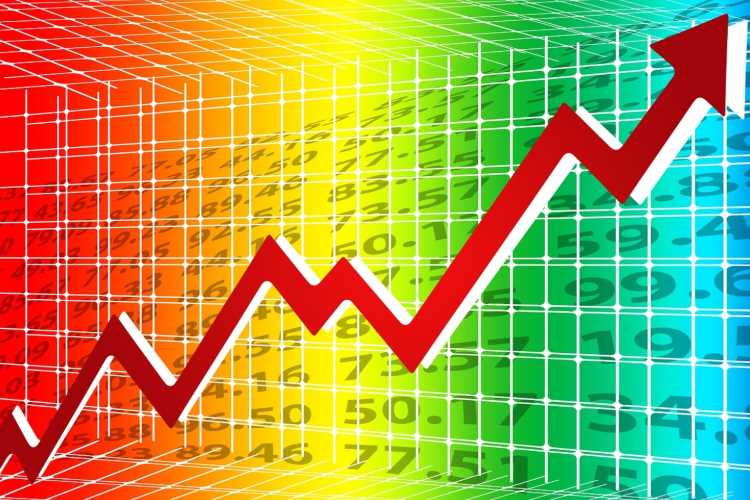
The Covid-19 pandemic and the subsequent lockdown have brought economic activity to a standstill. The economy is facing one of the worst crises since independence that has severely affected businesses and employment. The government announced two immediate relief packages in consultation with the Reserve Bank of India and the Indian Banks’ Association. The steps rolled out included a three-months moratorium that was further extended by another three months and a change in Non-Performing Asset guidelines to incorporate provisions for loan restructuring.
The ensuing months saw litigation at the Supreme Court seeking extension of the moratorium on payment. The apex court had extended the loan repayment moratorium till September 28, offering relief to borrowers.
READ I India’s coal mining reforms: One step forward, two steps back
It is important to understand the role of different institutions in the financial sector. It is the RBI that decides benchmark interest rates. A six-member Monetary Policy Committee headed by RBI governor decides the policy rates through voting. Theses benchmark rates act as a guide for banks to set interest rates for deposits and loans. In case of a tie in MPC, the governor chips in with a casting vote.
The interest rate is the cost of borrowing or gain on lending. Typically, a rise in the interest rates encourages people to save more as the former leads to increased income. However, an increase in interest rates also raises the cost of capital, resulting in a fall in investment rate in the economy.
READ I Farm Bills 2020: Death warrant to mandis, end of small farms
RBI takes interest rate decisions on the basis of the economic scenario (the GDP growth rates) and inflation expectations. A cut in interest rates will encourage businesses to borrow more, which, in turn, will boost the economy. While an increase in interest rates will dissuade consumers/producers from borrowing and help stabilise prices. RBI has effectively brought down interest rates, giving immediate relief to the borrowers.
Banks decide interest rates on loans and deposits based on RBI policy rates. The banks also look at interest rate volatility —the ups and downs in market rates — while finalising terms of long-term lending to businesses. The credit worthiness of the borrower not just decide the credit eligibility, but also has a bearing on the interest rates offered. Any agency other than the RBI and lenders interfering will adversely affect the systems already in place in the financial sector.
(Dr Aruna Sharma is a Delhi-based development economist and a former civil servant. She retired as secretary, ministry of steel, government of India in 2018.)
Dr Aruna Sharma is a New Delhi-based development economist. She is a 1982-batch Indian Administrative Service officer. She retired as steel secretary in 2018.

